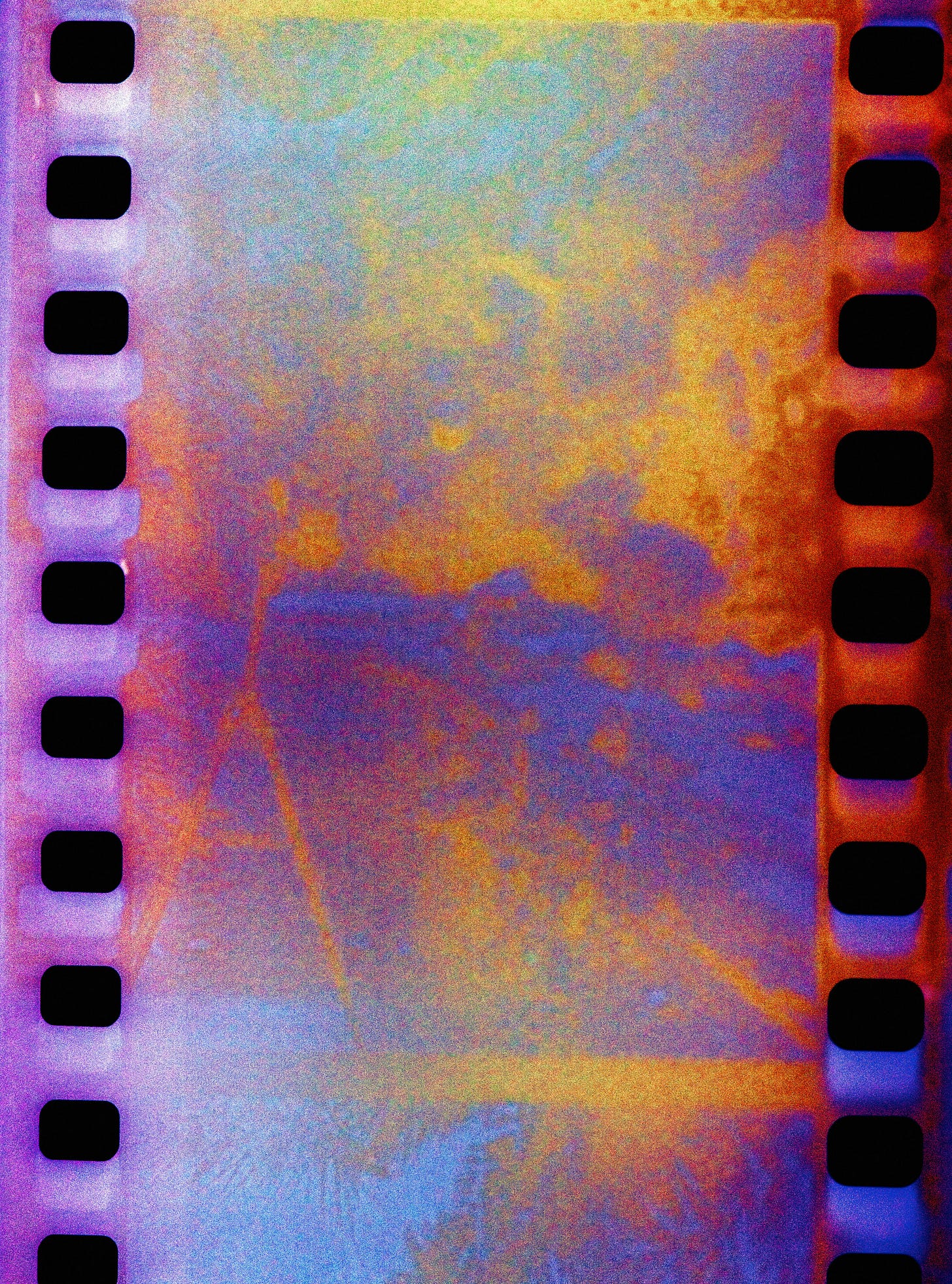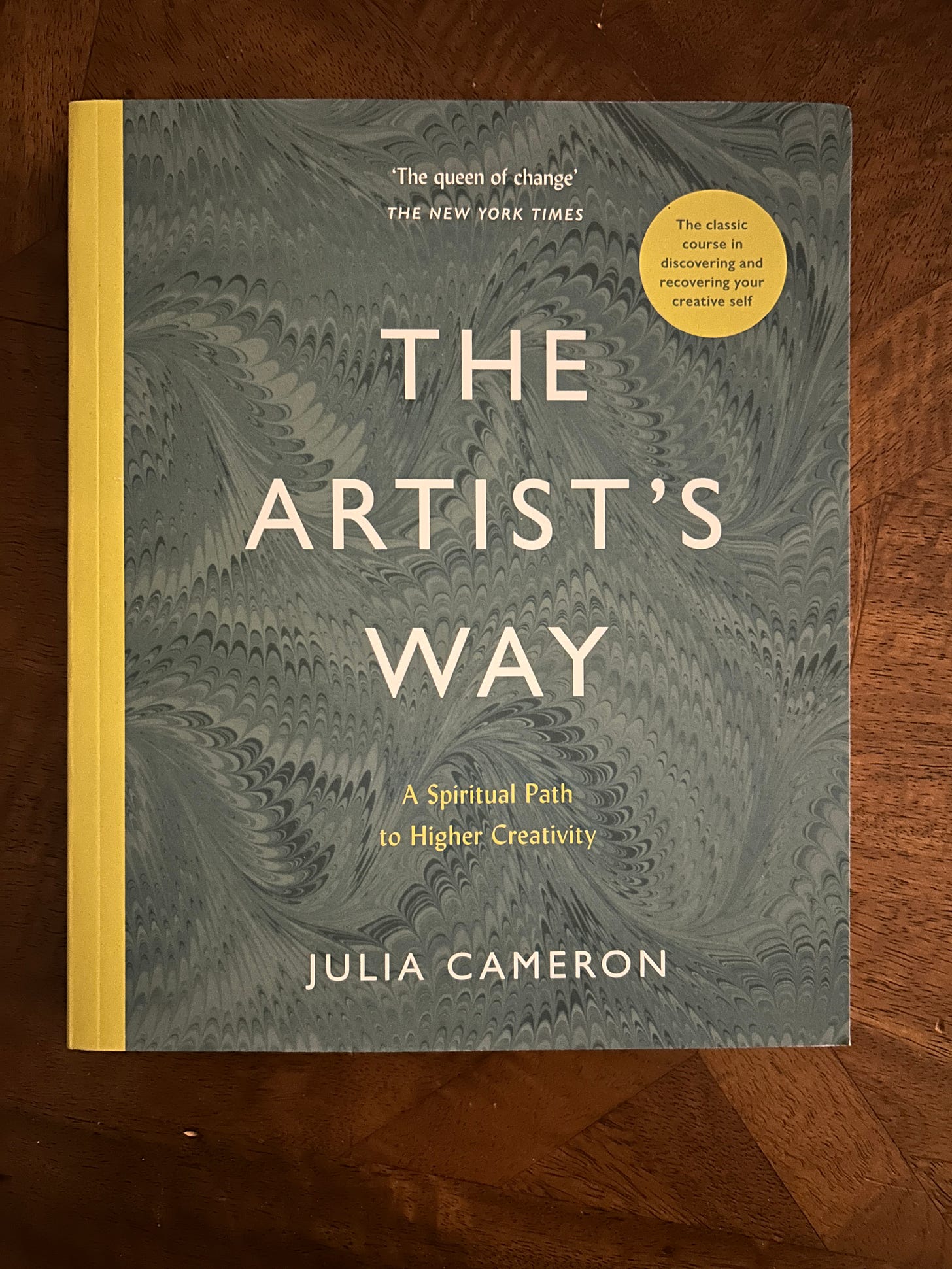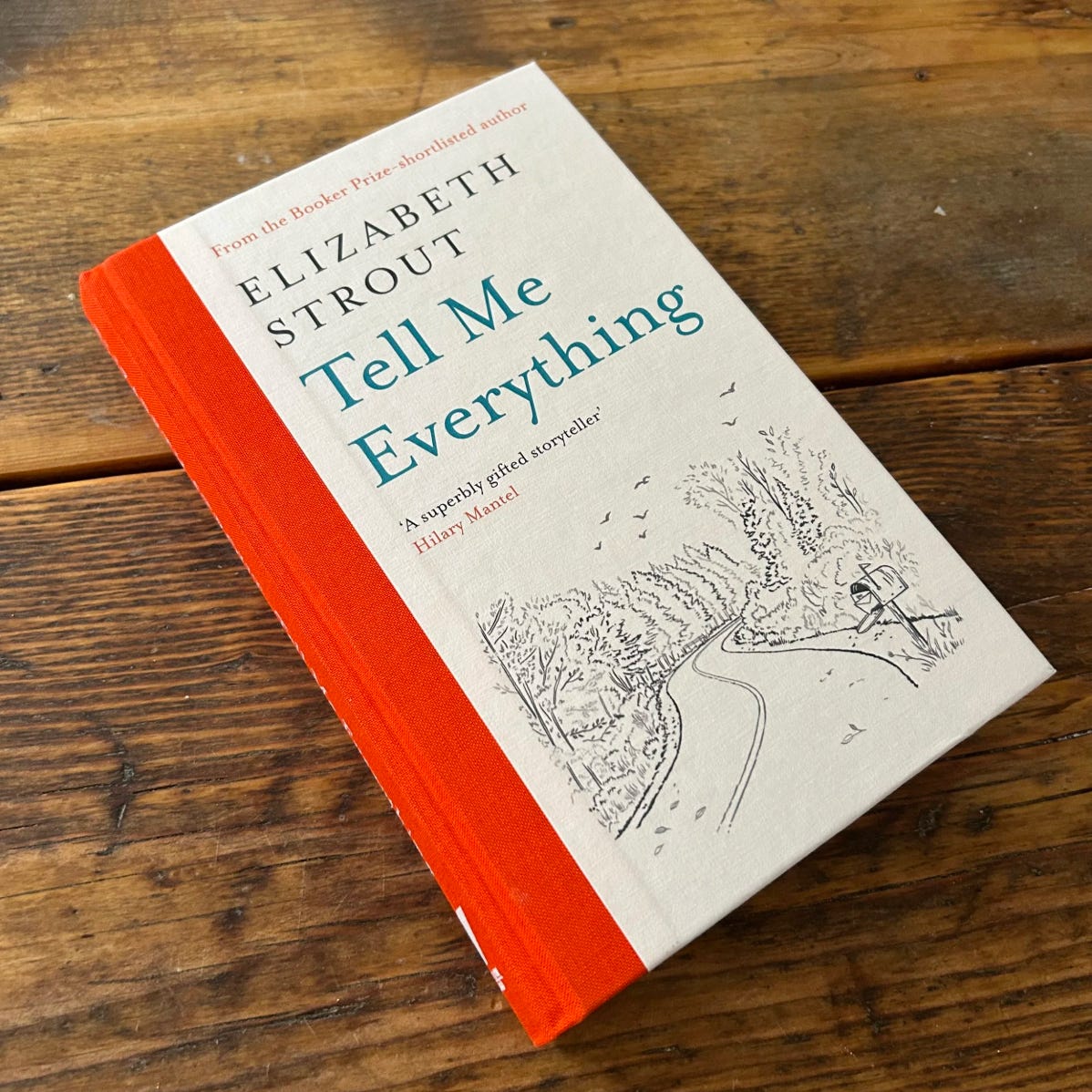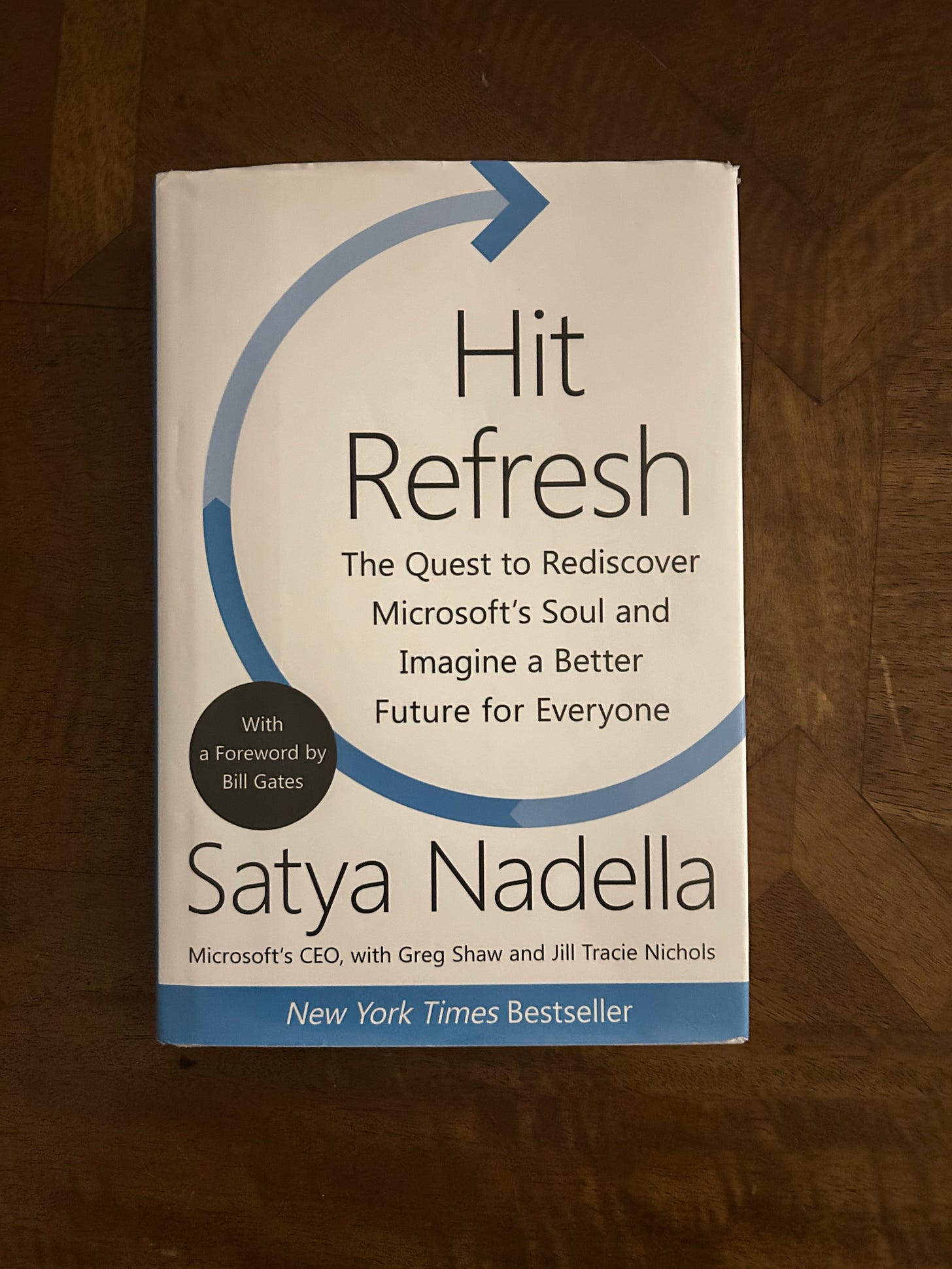When Memory Bends
Rewriting an old story, Julia Cameron, and lessons from recent reads about remembering.
I've been stuck on a piece of writing for months now. An essay that requires me to reach twenty-five years back into moments that only exist now in fragments. A handful of journal entries. A few visuals at the edges of my memory. Nothing close to good records for storytelling.
This stalling has forced me to confront something uncomfortable: my memory isn't what I thought it was.
The Strange Business of Remembering
Each time I return to a scene from my past, I realise how thin the framework really is. Vivid has become somewhat vague. A detail I was certain about becomes not so true when I stare at it in my mind's eye. Bent by time and twisted by memory. It is like an old polaroid left out in the sun.
I imagined memory to be a vault where the past was stored, waiting to be unlocked. But it isn't quite like that it seems. It’s more like a retelling, a reconstruction, put together almost in a haste each time I summon it. And, in that act of retelling I am certain there is an unconscious act of colouring it with the present.
Which leaves me wondering: Does memory really preserve the past? Or does it simply reshape it. Applying metaphorical sandpaper to do away with some parts and making others stand out. Maybe to help make it a story we can live with?
Perhaps that’s why writing from memory feels both urgent and impossible. Urgent, because it’s a chance to fix something in place before it fades further. Impossible, because the thing we fix is never the past alone. Just today’s version of yesterday’s story.
Memory is not an archive of life; it is an edit. A remix into stories we’re ready to tell.
What I’ve been working through
Alongside this long essay, I’ve also been moving through Julia Cameron’s, The Artist’s Way.
Her practice of morning pages (the simple habit of writing in the morning) and her reminder that creativity isn’t about being perfect but about being honest is refreshing. But hard!
It has reminded me that unfinished, messy fragments can still be the potting mix that is required to grow something meaningful. It still doesn’t make the writing easier, but it’s changing the way I think about the process itself.
What I’ve been reading
Tell Me Everything by Elizabeth Strout is a treatise about the stories we carry and the silences between them. Strout has this gift of making small lives feel monumental, and of writing conversations that don’t read like dialogue at all, but like you’re eavesdropping on real people.
It makes you realise that although the truth may set you free, it is messy. Memory is mostly unreliable. But the emotional leftovers are what matter.
Hit Refresh by Satya Nadella is part memoir, part manifesto about transformation. Somewhat personal, somewhat corporate and cultural. Nadella writes about leading Microsoft through change, but also about empathy and curiosity as tools of leadership.
While technology rapidly evolves, it’s our capacity for reinventing ourselves that decides whether we keep up.
And so…
If memory is an edit, then perhaps each draft of my writing is just today’s remix of yesterday’s story. But also maybe that is a reality to embrace. Maybe the stalling is not a failure. It is a lesson for me to understand that the real story is in reaching for those moments now with all the life I have lived since then.
![[unsent] notes](https://substackcdn.com/image/fetch/$s_!k2RF!,w_80,h_80,c_fill,f_auto,q_auto:good,fl_progressive:steep,g_auto/https%3A%2F%2Fsubstack-post-media.s3.amazonaws.com%2Fpublic%2Fimages%2Fd3126089-beb3-4b7f-89c0-bb0de6a1ce6e_1024x1024.png)
![[unsent] notes](https://substackcdn.com/image/fetch/$s_!z7JR!,e_trim:10:white/e_trim:10:transparent/h_72,c_limit,f_auto,q_auto:good,fl_progressive:steep/https%3A%2F%2Fsubstack-post-media.s3.amazonaws.com%2Fpublic%2Fimages%2F47fe8733-c82c-4dfe-885a-06e9268ea76b_1344x256.png)





Memory is perhaps like Dr. Jekyll's formula, the one that worked. It's interest and magic lie not in the purity of its components but in the imperfections that make it transformative.
(I don't even have to work at coming up with dark analogies; it seems I walk cloaked in a swathe of vanta black 🤣)
As long as you remember that you owe us a visit that was due last year when Anya was in class 4.